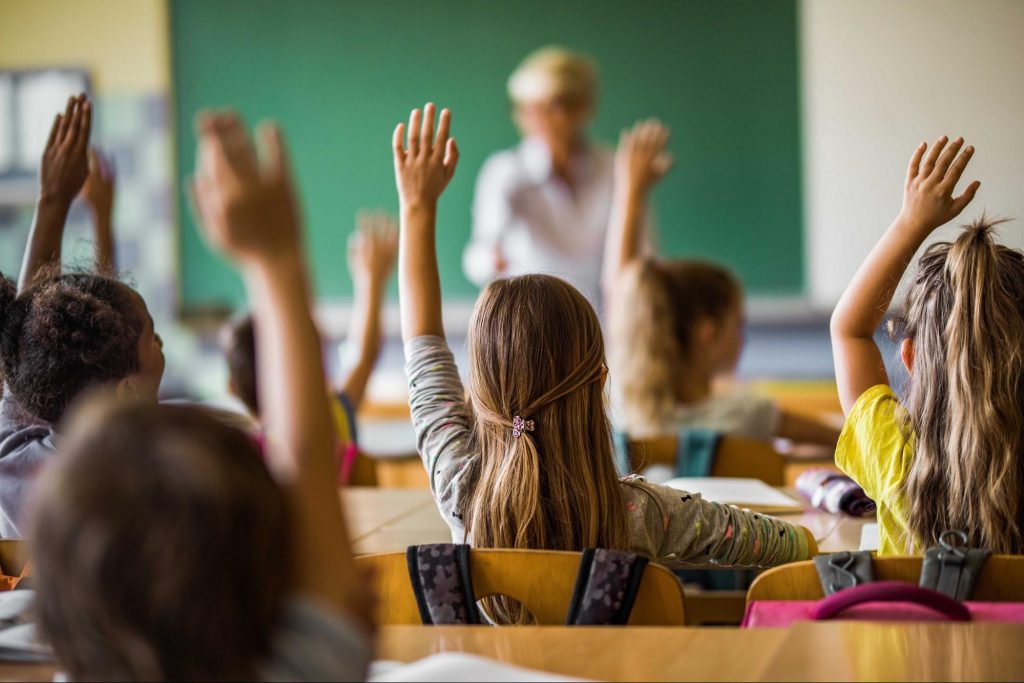The educational landscape has always evolved with each generation, but today, we’re witnessing a seismic shift. The current generation of students, often referred to as Gen Z and Gen Alpha, is entering classrooms with vastly different expectations, values, and skills than their predecessors. They are digital natives, globally aware, and eager for hands-on learning. To keep pace, global education systems are undergoing significant transformation.
Rethinking Curriculum for Modern Learners
Traditional curriculums focused heavily on rote memorization and standardized testing. However, for today’s learners, this approach is often seen as outdated. Schools and universities around the world are rethinking what it means to be educated in a connected world. The emphasis is shifting from content-heavy learning to skill development—critical thinking, creativity, collaboration, and adaptability.
Subjects like coding, digital literacy, environmental science, and global studies are becoming as essential as math and language. These new priorities reflect the real-world challenges and opportunities the next generation will face.
The Rise of Technology in the Classroom
Technology isn’t just an accessory in modern education; it’s the foundation. Students expect instant access to information, seamless digital tools, and engaging content. Virtual reality, artificial intelligence, and gamification are no longer futuristic concepts; they’re being used in classrooms to enhance understanding and participation.
Platforms like Google Classroom, Moodle, and Canvas make it easier for students to collaborate and for teachers to personalize learning. Moreover, the integration of AI allows educators to identify learning gaps early and provide tailored support to each student.
Personalized and Inclusive Learning
One of the most profound changes in global education is the move toward personalized learning. No two students learn the same way or at the same pace. Adaptive learning platforms use algorithms to adjust content based on a student’s strengths and weaknesses, promoting a deeper and more personal learning experience.
This shift also includes a greater commitment to inclusivity. Learning environments are becoming more accessible to students with disabilities, neurodiverse learners, and those from diverse linguistic and cultural backgrounds. Education systems are investing in equity so that no student is left behind.
Focus on Mental Health and Well-Being
The new generation of students is more open about mental health, and educational institutions are responding. Where once emotional well-being was overlooked, schools and universities now prioritize it alongside academic achievement. Counseling services, mindfulness programs, and stress management workshops are increasingly common.
This focus on well-being is essential in reducing student burnout and ensuring that learners feel safe and supported. By fostering emotionally intelligent environments, educators are not only preparing students academically but also helping them develop resilience for life beyond the classroom.
Lifelong Learning and Micro-Credentials
The traditional model of education—go to school, get a degree, enter the workforce—is being replaced by a more flexible, lifelong approach. The job market is rapidly evolving, and the need to reskill and upskill throughout life is becoming standard. In response, educational institutions are offering micro-credentials, online certifications, and modular courses that fit around the learner’s lifestyle.
These programs are often shorter, more focused, and tailored to current industry needs. For instance, creative media institutions like SAE offer industry-relevant programs in audio, film, and animation that prepare students not only for today’s careers but for tomorrow’s possibilities. This model appeals to learners who value practical, hands-on experience and flexibility in how they learn.
Emphasis on Global Citizenship
Today’s learners are more globally connected than ever before. Social media, international travel, and global crises like climate change have broadened their perspectives. As a result, education is shifting to include global citizenship as a core value. Check out the cce lessons in chinese to know more about integrating moral values and social-emotional well-being.
This means encouraging students to think beyond their local community, to understand other cultures, advocate for sustainability, and take social responsibility. Initiatives like international student exchanges, cross-cultural projects, and language immersion programs play a vital role in this evolution.
Educators as Facilitators, Not Gatekeepers
Another key transformation is the role of the educator. Teachers are no longer the sole source of knowledge but facilitators of learning. With information just a click away, students need mentors who can help them navigate, question, and apply what they learn.
Educators today are embracing this shift by fostering open discussion, guiding research, and encouraging independent thought. The teacher-student dynamic is becoming more collaborative, and classrooms are evolving into spaces for shared discovery.
Sustainability and Ethical Awareness
The new generation of learners is deeply concerned with sustainability and ethics. They want to know that what they’re learning contributes to a better world. Educational institutions are responding by embedding these values into the curriculum.
From encouraging ethical technology use to integrating climate science into all areas of study, schools are preparing students to lead in a world where responsibility, transparency, and sustainability are paramount.
The Blended Learning Revolution
The pandemic forced many educational institutions to adopt remote learning practically overnight. While that period brought its own challenges, it also revealed the potential of blended learning, an approach that combines in-person instruction with online components.
Blended learning gives students more control over their education. They can review materials at their own pace, revisit lectures, and engage with peers in both physical and virtual environments. This hybrid model is especially appealing to students who thrive in flexible, tech-enhanced settings.
Preparing Students for Unknown Futures
Perhaps the most difficult challenge for education today is preparing students for jobs that don’t yet exist. The rise of automation, AI, and green technology means the future workforce will need to be highly adaptable.
Global education systems are focusing on teaching students how to learn rather than just what to learn. This includes promoting curiosity, innovation, and an entrepreneurial mindset. It’s about equipping students not only with knowledge but with the capacity to reinvent themselves over and over again.
The Future of Global Education
Global education is at a transformative crossroads, driven by the needs and aspirations of a new generation. This is a cohort that values inclusivity, mental health, flexibility, and real-world relevance. Schools and universities around the world are reimagining what learning looks like, and are embracing technology, prioritizing well-being, and fostering global awareness.
As the world continues to change, so too will education. And while the tools and techniques may evolve, the core mission remains the same: to empower each new generation to reach their potential and contribute meaningfully to the world.







